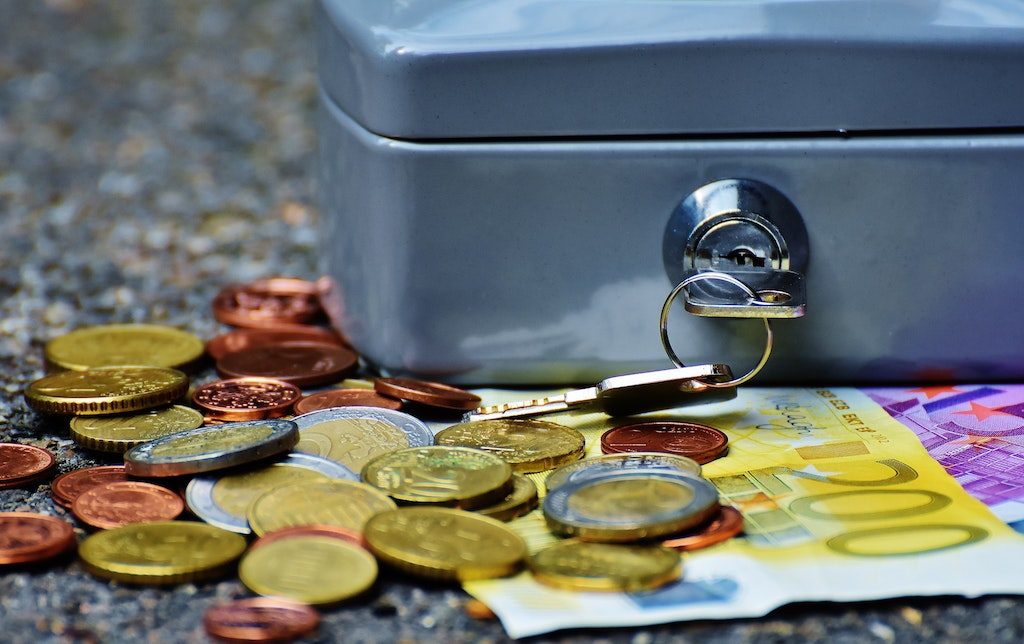
If you are an impulse buyer, it is likely that you already have a significant amount of debt. Of course, this will include any store or credit cards bills you run up. Unless you have lots of disposable income after you’ve bought food, paid the mortgage or rent and settled your utility bills, you will likely run into serious financial difficulty.
The trick you must learn if how to curb your impulses, and how to stop spending your hard-earned cash. If you’d like a few top tips on how to stop spending money, click here.
Impulse buying – the retailer’s dream
If you are a retailer, you aim to get consumers to buy as much as possible. The more they spend, the greater your profits will be. As far as any store is concerned morals don’t come into it. You only have to think about supermarket check-out tills and the fact that they position sweets conveniently next to them to attract the children waiting in the queues.
The whole sales scenario, whether it is food, or clothing, or cars, is based on the impulse buying syndrome. Here in South Africa, a study carried out in 2013 revealed that SA consumers spent around R13.5-billion on impulse purchases. Yes, the review is six-years-old, but in the intervening years, the total spend will only have increased.
Tips to help prevent impulse purchases
Most people buy on impulse at one time or another. But it’s when buying things on the spur of the moment becomes a habit that it can be damaging to your financial welfare; especially if you are one of the 57% of the South African population whose income does not cover their living costs. In this case, knowing how to stop spending money unnecessarily is not only recommended, it’s essential.
Here are a few tips you on how to stop spending money to get you started
The first tip for curbing impulse buying is “mindfulness.” You should become more aware of your impulse buying bent. Before you consider buying anything, ask yourself whether you are satisfying a need or a want.
Creating a budget and making sure you sticki to it is another good way of stopping impulse buying. Of course, if you have disposable income left over after you’ve bought the essentials, you can always set aside a small amount in your budget for spur of the moment purchases. You should only do this, however, once you’ve set aside some savings.
Staying away from online shopping stores is another good tip with regard to knowing how to stop spending money. When you shop online, it’s all too easy to be tempted by the dozens of items you come across. Lots of online retailers show you these items on purpose in the hope that you will buy something similar.
Of course, it’s not just online where temptation lies. Attractive window dressing and the myriad items on sale in conventional stores can also catch your eye. The way to avoid this is to try and avoid shopping areas or malls.
The last tip we offer is to do with rewarding yourself. A lot of South Africans impulse buy because it makes them feel good. Try giving yourself a free or cheap reward when you achieve a certain goal. Perhaps each time you knowingly avoid an impulse purchase. Follow this link for a few ideas on self-reward.
Start a saving habit
Once you know how to stop spending money, you will find it much easier to manage your finances. On the back of it, you might even manage to start saving for unexpected bills or to treat your self from time to time.




